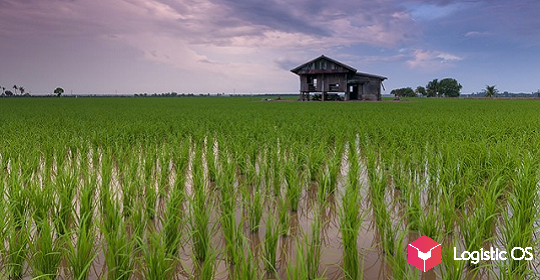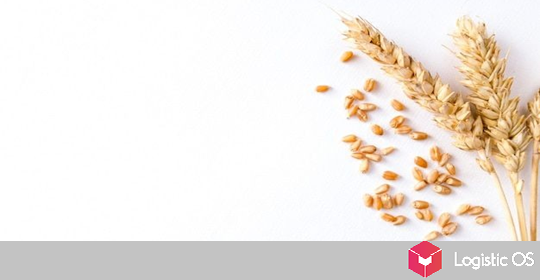This is a forced measure associated with a decrease in budget funding.
According to the proposed document, subsidies will be reduced from 90-100% to 80% of the key rate of the Central Bank.
Currently, under preferential agreements concluded in 2017 and 2018, subsidies are allocated to authorized banks in the amount of 100% of the key rate.
If the contract is concluded in 2019 or later, 90% of the key rate is subsidized.
The changes will not affect loans issued before August 31, 2021, follows from the draft government decree.
The previous version provided for a rate reduction of up to 80% for all loans received since 2017, which would lead to the fact that only greenhouse enterprises would lose 2 billion rubles annually.
Moreover, a change in the subsidy rate for already existing loans of some enterprises would threaten with default, as representatives of the banking sector directly speak about.
Some banks have already warned about the suspension of new loans.
VTB Bank, which issued preferential loans for the agro-industrial complex for more than 127 billion rubles, says that, under the current terms of the program, an increase in the rate is impossible.
The head of the Fruit and Vegetable Union Mikhail Glushkov believes that the reduction of subsidies in any case will reduce the interest of investors in this type of lending.
And the industry is already going through difficult times: investment inflows have practically stopped due to the rise in prices for construction materials, components and equipment.
In 2020, the profitability of greenhouse production has halved.
The head of the National Meat Association, Sergei Yushin, agrees in the forecasts: possible changes will increase the industry’s expenses by 0.2-1 billion rubles a year.
But, as usual, in the end the consumer will suffer, who will pay for the growth in the cost of production.
Manufacturers have few options: save on other items of expenditure, cut investment projects, or raise prices.
Given the significant rise in the cost of feed, the rise in prices for mineral fertilizers, spare parts and other important components of production, the reduction in subsidies for investment loans will be another blow to agriculture.

